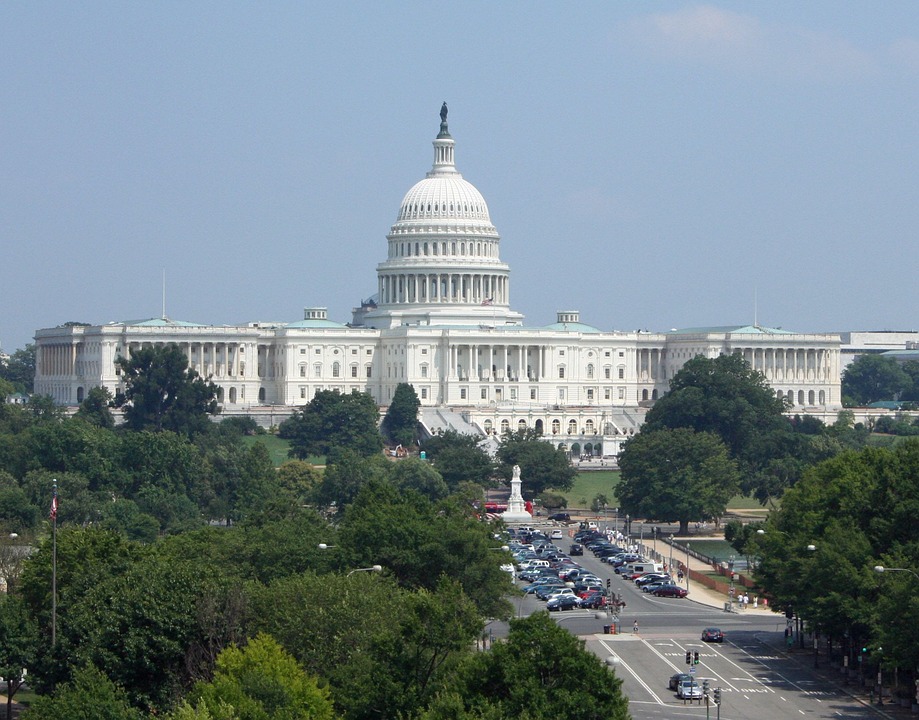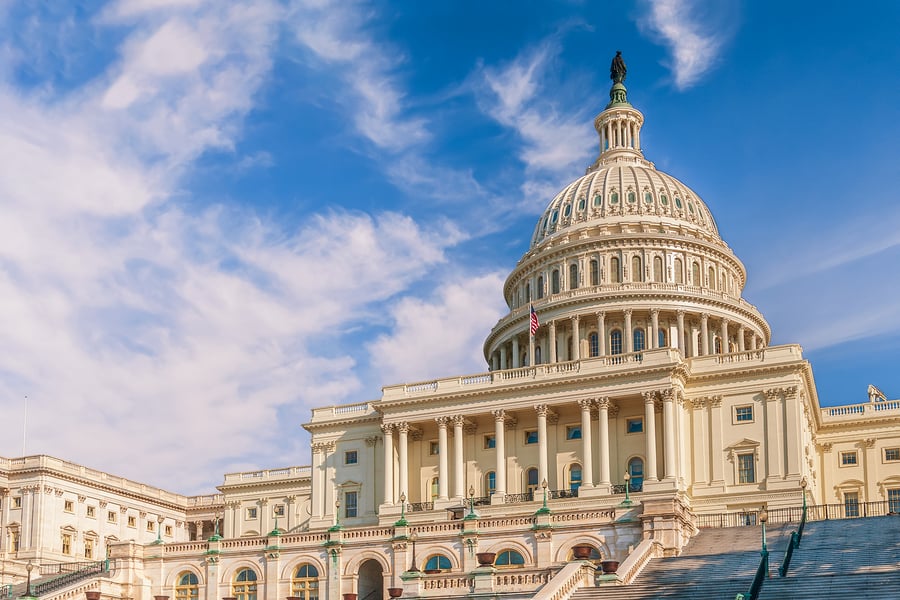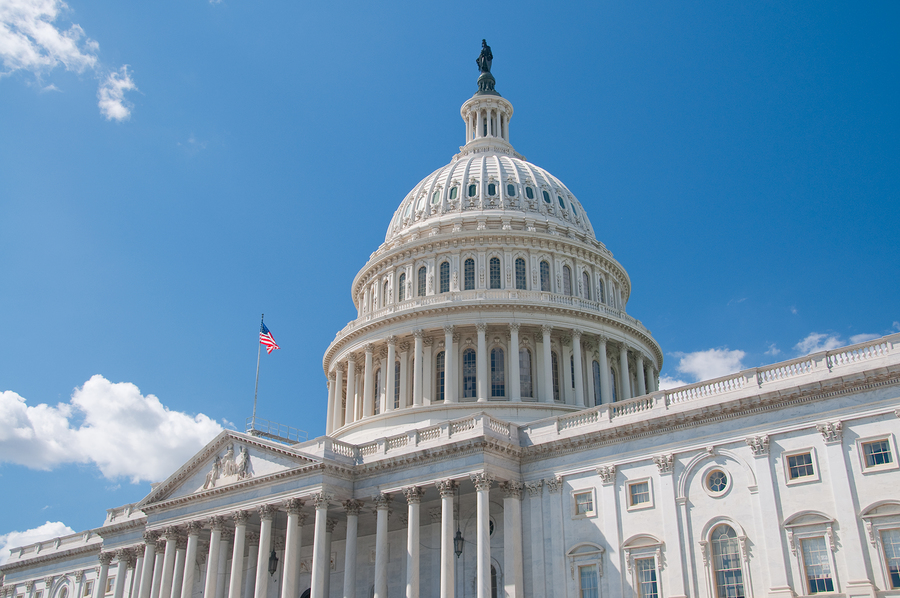Featured News
November 20, 2025
Key Vote YES on S.J. Res. 89
The American Energy Alliance supports S.J. Res. 89 providing for congressional disapproval of the BLM Buffalo field office resource management plan of November 2024. This BLM decision rushed through during the lame duck of the Biden administration was contrary to the will of Congress, which has long...





